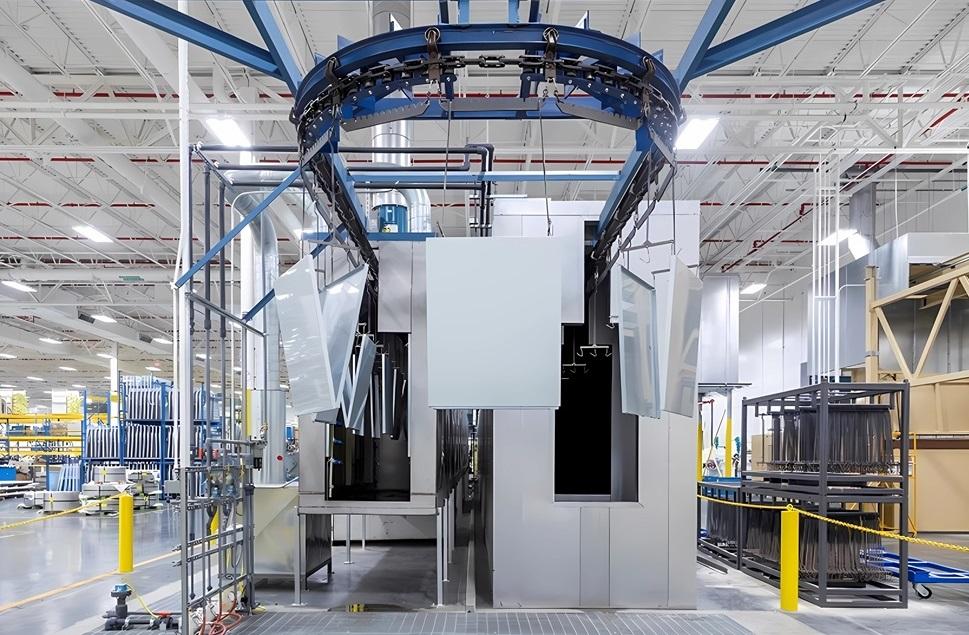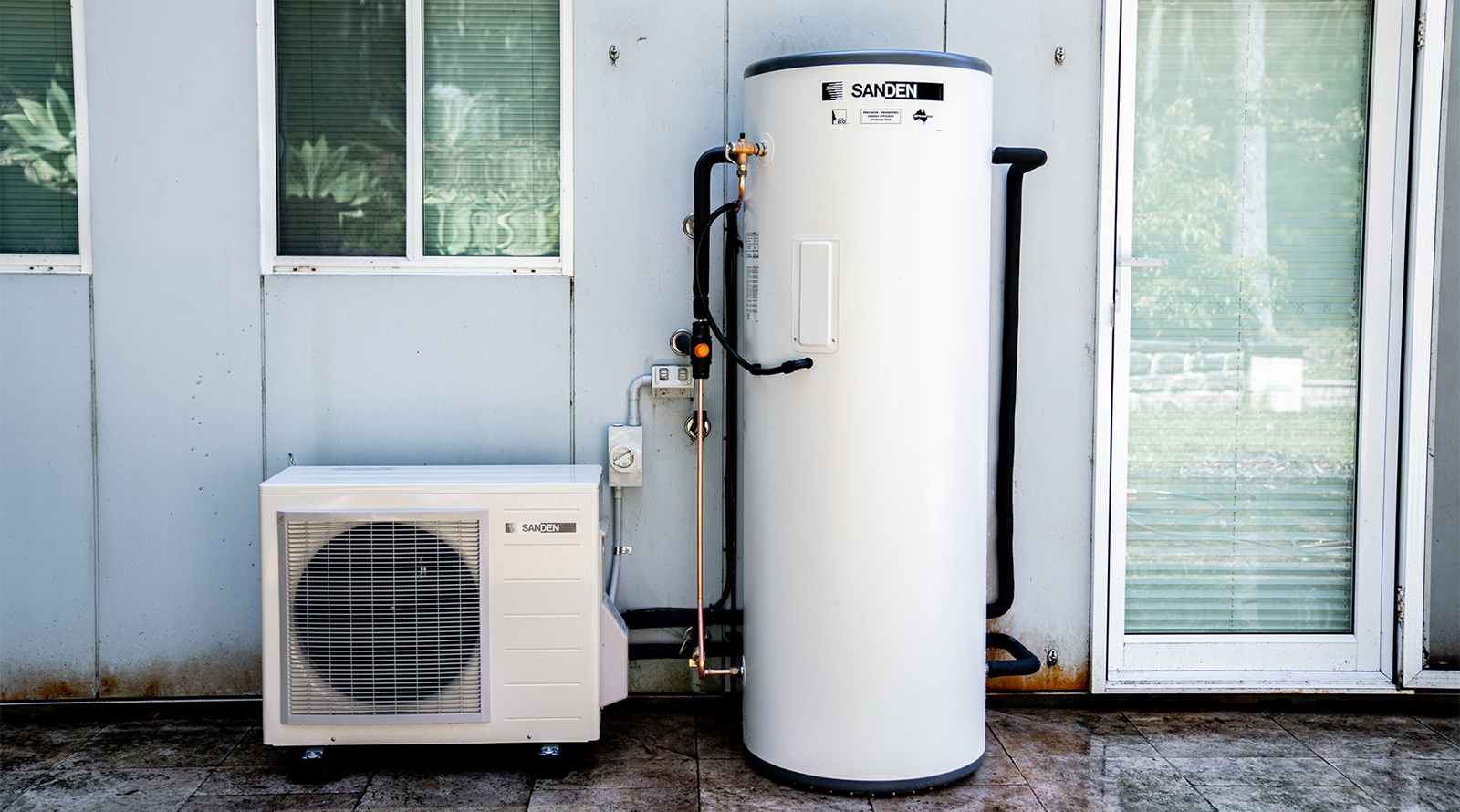Key Takeaways
- Metal recycling is critical in conserving finite resources and efficiently managing energy usage.
- Technological innovations and community engagement are driving forces in advancing metal recycling methods.
- The global shift towards sustainable practices fuels economic growth and environmental conservation in the metal recycling industry.
Recycling metals has recently transformed from a specialized activity into a crucial component of sustainable development. With our planet’s finite resources dwindling rapidly, r2 certified electronic recycling scrap has emerged as a pivotal solution that benefits both the environment and the economy. By rescuing and redirecting materials that would otherwise be lost to landfills, metal recycling embodies a new era of resource conservation and responsible consumption.
Introduction to Sustainable Metal Recycling Practices
Sustainability and metal recycling are indelibly linked. This circular process involves reusing and repurposing metal materials—from household aluminum cans to industrial steel beams—to minimize the demand for virgin resources. Metal recycling serves a dual purpose: it reduces the need for resource-intensive mining practices and lessens the strain on our planet’s limited supply of metals. A deeper look into recycling reveals numerous benefits in a World Bank report, which emphasizes this practice’s positive economic and environmental impacts, further validating its importance in the push for a greener future.
The Connection Between Metal Recycling and Energy Conservation
Every ton of metal recycled is a significant step towards energy conservation. Mining, refining, and shaping raw metals consume a staggering amount of energy and generate considerable greenhouse gas emissions. Conversely, the amount of energy required to recycle metals is a mere fraction of that, highlighting one of the pivotal benefits of metal recycling: a drastic reduction in energy consumption. Not only does this practice preserve valuable energy resources, but it also diminishes the environmental footprint associated with producing new metals.
Reducing Landfill Waste Through Metal Recycling
Faced with rapidly growing populations and mounting waste, the issue of dwindling landfill space is becoming increasingly critical. Metal recycling offers a potent solution to this problem; by diverting metals from the waste stream, we significantly reduce the volume of waste in landfills. It contributes significantly to the fight against global warming because of its many advantages, which include decreased production of harmful greenhouse gases and pollution of the ground and water. Moreover, the potential for metal recycling is enormous, as most metals can be recycled indefinitely without losing their properties.
The Economic Impacts of a Thriving Metal Recycling Industry
Beyond environmental benefits, metal recycling drives economic vitality. The growth of the metal recycling sector has increased employment opportunities, from collecting and processing recyclables to manufacturing new products from reclaimed materials. Such growth contributes to a robust and resilient economy where resources are utilized responsibly and efficiently. Metal recycling also sparks innovation, pushing industries to develop new methods and technologies to improve material recovery and recycling processes.
The Technological Advancements in Metal Recycling
The metal recycling field has witnessed a surge of technological advancements to enhance the efficiency and effectiveness of recycling methods. These technological strides range from improved sorting techniques, which allow for more accurate separation of metals, to advancements in melting processes that reduce energy expenditure. As a result, the quality of recycled metal has improved, enabling a broader range of applications and further reinforcing the value of recycling programs. Continuous innovation is necessary to address ongoing challenges and to keep pace with the evolving waste stream, particularly complex products.
Tackling the Challenge of Electronic Waste (E-Waste)
Electronic waste, or e-waste, has become a significant concern in our technologically driven age. Devices like smartphones and computers are frequently replaced, leading to an ever-increasing volume of discarded electronics. These items contain precious metals that, if not properly recycled, represent a loss of valuable resources and a hazard to the environment. Effective e-waste management and recycling strategies are essential for mitigating these risks and ensuring that useful materials are recovered and re-enter production cycles.
The Metal Recycling Process: A Step-by-Step Overview
The journey of recycling metal begins with collecting scrap materials, which are then sorted according to type and grade. After sorting, metals are processed, which may include shredding, melting, and purifying, before being solidified into ingots or sheets that can be used for manufacturing new products. Organizations that excel in streamlining this process demonstrate the economic and environmental potential of efficient recycling operations. As technology evolves, so do the opportunities to refine these processes further to maximize resource recovery.
Global Policies and Regulations on Metal Recycling
Robust policies and regulations further bolster effective recycling. Across the globe, policies are implemented to encourage recycling and ensure materials’ safe and ethical processing. These regulations aim to level the playing field for all actors in the industry and prevent the improper disposal of metals that can damage the environment. Governments play a pivotal role by instituting favorable policies that stimulate the growth of recycling practices and ensure adherence to international environmental standards.
Community Involvement and the Recycling Culture
The success of metal recycling relies heavily on community participation. Grassroots movements, local recycling programs, and educational initiatives contribute to building a recycling culture within communities. When households and businesses are informed and engaged, they participate actively in the sustainability movement, ensuring that recycling becomes a habit rather than an afterthought. A shared commitment to recycling can forge a communal identity focused on environmental stewardship and collective responsibility.
The Future Outlook for Metal Recycling
Looking forward, the future of metal recycling is one of growth and optimism. As awareness of the environmental and economic benefits spreads, we expect to see increased investment in recycling infrastructure, more innovative technologies, and a strengthening commitment from policymakers, businesses, and individuals alike. With the continued collaboration of all stakeholders, the metal recycling industry is poised to play an even more significant role in our transition to a more sustainable and resource-efficient future.





